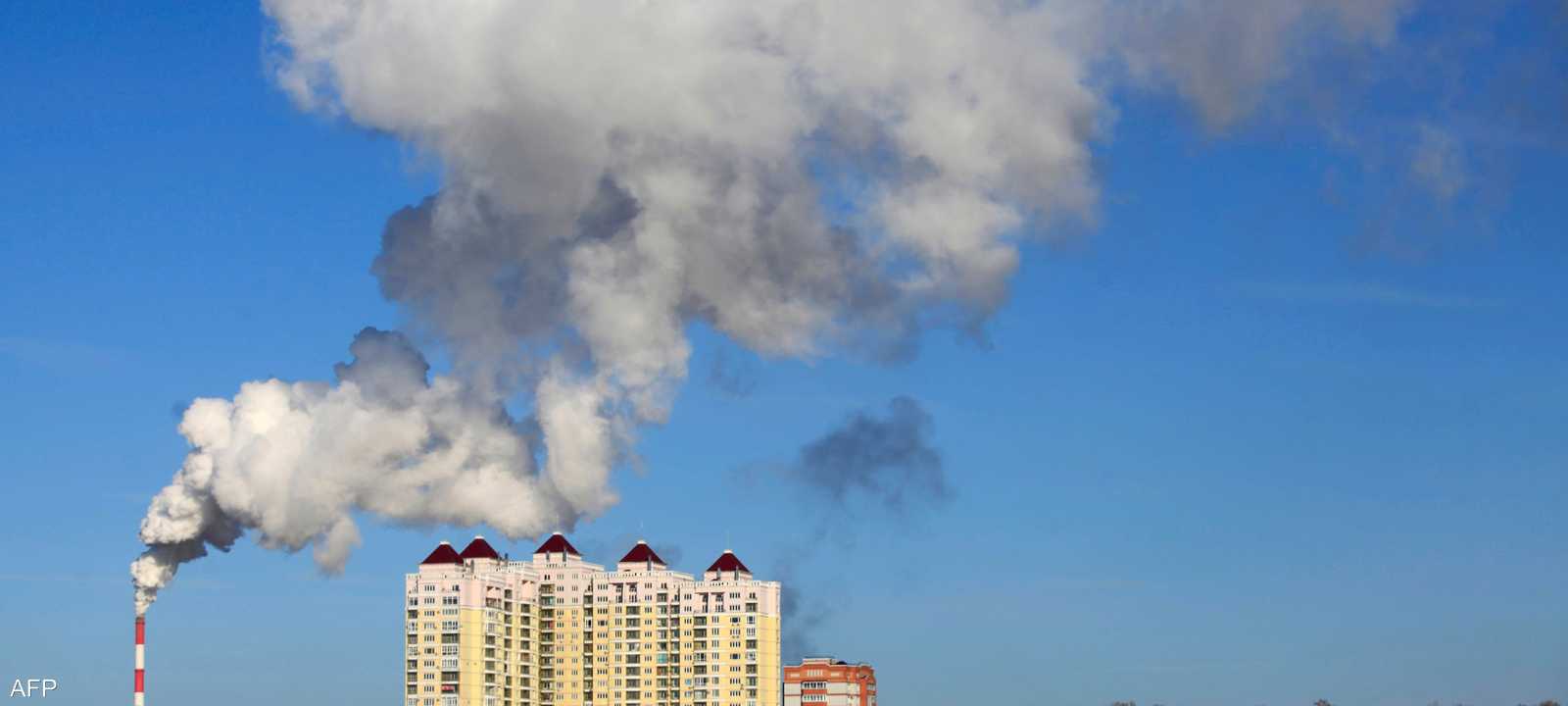
The climate crisis has global attention
With global temperatures rising to record levels and extreme weather events worsening, countries are preparing for talks at this year’s United Nations Climate Change Conference (COP28) on climate finance, in which big economies provide funds to help the poorest countries adapt.
There are also countries that have so far failed to deliver the amounts they pledged, with analysts saying some have paid more than their “fair share” while others say they don’t have to pay at all.
Which countries offer this financing?
The list of countries obligated to contribute dates back to the 1992 UN climate talks, and the list has not been expanded since.
The list includes 23 countries: Australia, Austria, Belgium, Canada, Denmark, Finland, France, Germany, Greece, Iceland, Ireland, Italy, Japan, Luxembourg, the Netherlands, New Zealand, Norway, Portugal, Spain, Sweden, Switzerland, the United Kingdom and the United States.
The list also includes the European Economic Community, which existed before the EU.
Countries not on the list include China, now the world’s second-largest economy, and countries with high per capita wealth, such as the United Arab Emirates.
Which states are paying their fair share?
UN rules do not specify how much each rich country must pay.
The London-based Overseas Development Institute (ODI) estimated how much each rich country would have to pay to meet the $100 billion a year goal that rich countries have collectively pledged to, based on countries’ national income, carbon dioxide emissions since 1990, and population.
According to the analysis, only seven countries paid their “fair share” in 2020: Denmark, France, Germany, Japan, the Netherlands, Norway and Sweden.
The U.S. lags behind all other developed countries when comparing its past contribution to climate finance to its fair share, according to the institute’s rankings.
Contributions for 2020 include $8.66 billion from France and $16.09 billion from Japan.
The U.S., on the other hand, provided $2.3 billion in 2020 and Washington has pledged $11.4 billion in 2025, but the institute said that was only 25 percent of the U.S.’s “fair share.”
The 27-nation European Union is the largest contributor to climate finance, providing 23.38 billion euros ($26.15 billion) in 2020.
These amounts do not include all climate-related funding, such as the amount allocated by these countries to projects related to the issue.
It also doesn’t reflect how much money countries spend domestically to reduce carbon dioxide emissions that cause global warming.
The US approved a $430 billion bill to reduce inflation, including major provisions to reduce emissions and expand the use of low-carbon technologies.
high cost
The issue of financing is expected to take center stage at a climate conference in the United Arab Emirates in November, when some 200 countries will discuss the creation of a fund to support those most at risk of climate change and related damage, alongside new commitments to finance climate issues beyond 2025.
Until then, total pledges will remain at about $100 billion a year, well below what is needed to decarbonize the economy and adapt to a warming world.
The United Nations estimates that countries vulnerable to climate change will need nearly $6 trillion by 2030 just to reduce emissions.
